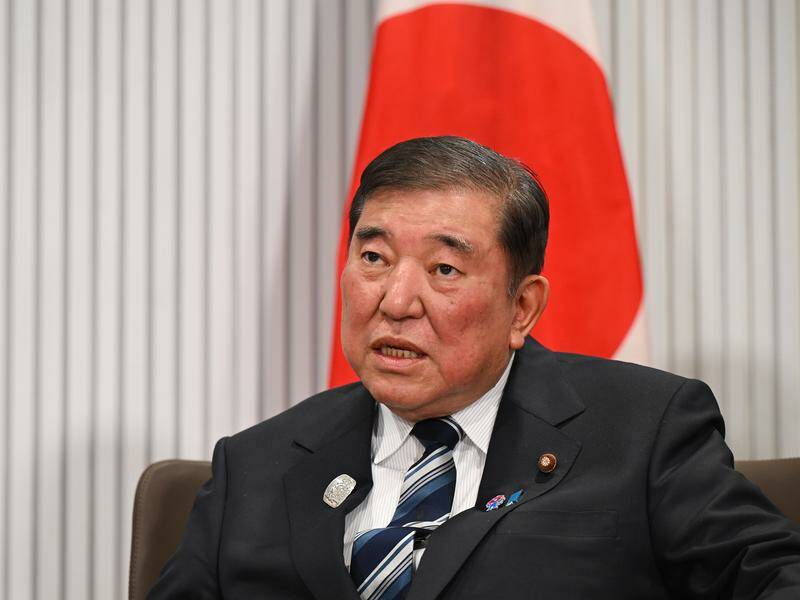Japanese Prime Minister Shigeru Ishiba has made a sudden decision to cancel his attendance at this week’s North Atlantic Treaty Organisation (NATO) summit, which is scheduled to be held in The Hague.
Ishiba Pulls Out of NATO Summit at Last Minute
According to a source with direct knowledge of the situation, the decision was taken after it became clear that a planned meeting between NATO and the group of four Indo-Pacific nations (IP4) would likely not happen.
The IP4 group includes Japan, South Korea, Australia, and New Zealand. These countries have been working closely with NATO in recent years, especially since Russia’s invasion of Ukraine in 2022. That year marked the beginning of Japan’s active participation in NATO summits. Since then, Prime Minister Ishiba has attended every summit. This makes his decision to skip the current meeting particularly notable.
Reports suggest that Ishiba had also hoped to meet U.S. President Donald Trump during the summit. However, that meeting is now unlikely to take place, further influencing the decision to cancel his trip. The absence of other IP4 leaders from the summit also played a role. Leaders from both South Korea and Australia have already announced that they will not be attending the NATO meeting.
Foreign Minister Iwaya to Step In for Ishiba
Although Prime Minister Ishiba will not attend the summit, Japan will still be represented. Foreign Minister Takeshi Iwaya is expected to travel in place of the Prime Minister. Iwaya will attend the scheduled discussions and engage with NATO representatives on Japan’s behalf.
Jet Provocation, Naval Response: Japan’s Stealth Destroyer Stirs China’s Anger in Taiwan Strait
The Japanese government had announced just three days earlier that Ishiba would be attending the summit. In that announcement, it was mentioned that the Prime Minister intended to “reaffirm with NATO allies and others the recognition that the security of Euro-Atlantic and Indo-Pacific is inseparable.” This statement reflects the increasing connection between European and Pacific security interests, especially with rising global tensions.
Ishiba had also planned to hold separate bilateral meetings on the sidelines of the summit. These meetings were intended to strengthen Japan’s diplomatic ties and security collaborations. However, with the sudden change in plans, these engagements have now been put on hold.
Ishiba’s Withdrawal Echoes Absence of Other IP4 Leaders
The decision of Prime Minister Ishiba to pull out of the summit follows a similar pattern seen among the other IP4 nations. Both South Korea and Australia have confirmed that their leaders will also not attend. This has led many to believe that the planned IP4 meeting with NATO will not occur at all during this summit.
Sources close to the matter have stated that Trump had hoped to host a separate summit with the IP4 nations on the sidelines of the NATO meeting. But with all four nations now withdrawing their top-level representation, that plan appears to be off the table.
✈️ Evacuations Ordered: Japan, China, Indonesia Move to Extract Nationals from Israel-Iran Warzone
Officials have not provided further details on whether Ishiba will engage in virtual meetings or alternative discussions with NATO members. However, the cancellation of his trip does not mean Japan is stepping away from its strategic partnerships. Japan’s participation in NATO discussions, through Foreign Minister Iwaya, signals its continued involvement in global security conversations.
Although the source of the information declined to be named, it is confirmed that the reason for the withdrawal is directly related to the changes in the summit schedule and the collapse of key side meetings.
Prime Minister Ishiba has been a visible figure in global diplomacy, especially when it comes to strengthening ties between the Indo-Pacific region and NATO. His decision to skip this major summit highlights the changing dynamics in international diplomacy and summit-level discussions. This will be the first NATO summit that Ishiba has not attended since Japan began joining these high-level meetings in 2022.

